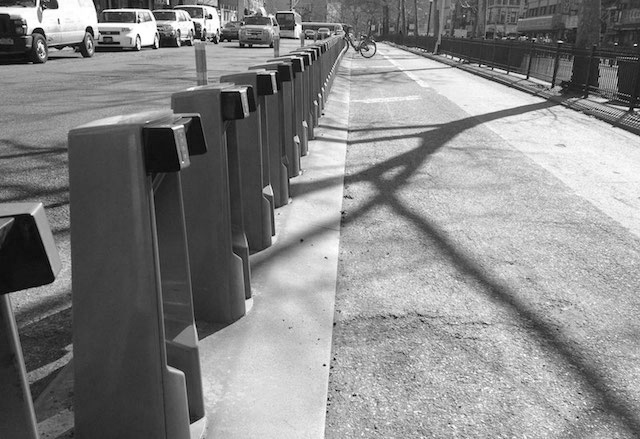

While in practice we describe inequality with statements such as “80% of wealth concentrates on 20% of population,” for modeling purposes they are statistically inaccurate. I developed a new inequality index that makes such statements accurate by dividing a distribution in two groups with the same statistical properties as the original distribution. What if we could say that 26% of the population contains exactly 82% of the wealth?. I show two things: On one hand, a new index to measure inequality. On the other hand, a new mathematical formula to model inequality as two stocks from a given mean, variance, and skewness. In what follows I demonstrate the index by harvesting real time data from 20 bike sharing systems across the world. The visualizations and measurements are happening in real time.


In studying dynamic systems with compartment models, it is essential to describe inequality of continuous or discrete distributions in as few compartments as possible. Diffusion processes are often modeled using two compartments. Distributions are described by standardized moments. In most cases, we use the first three standardized moments: the mean, the variance, and the skewness. The proposed index divides a distribution in two continuous sets such that the first three standrardized models are the same in both descriptions.
The practical value of the index is in modeling applications. The index allows us to model a any distribution given a mean, variance, and skew consisting of two continuous comparmtents parametrically. For example, a modeler may enter as inputs X1, X2, mean, variance, and skewness, and get the Y1 and Y2 from the model. Alternatively, a modeler may enter as inputs Y1, Y2, mean, variance, and skewness, and get in return the X1 and X2 shares of the population from the model. This is important in applications with continuous models in which modeling a distribution as random process is unecessary complicated and redundant.